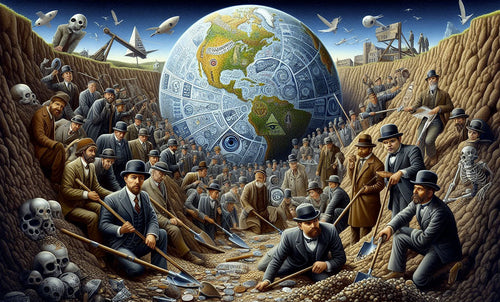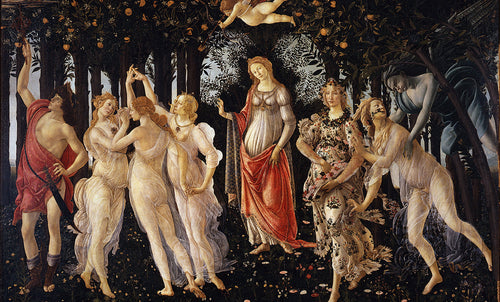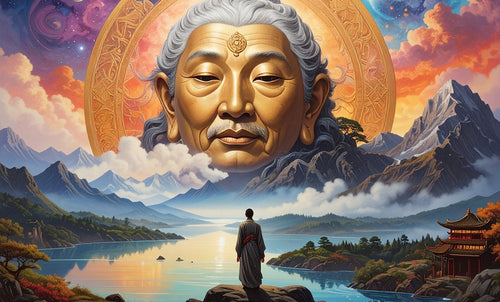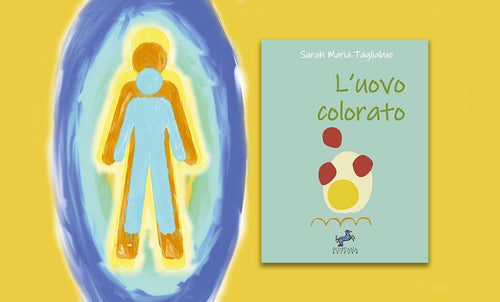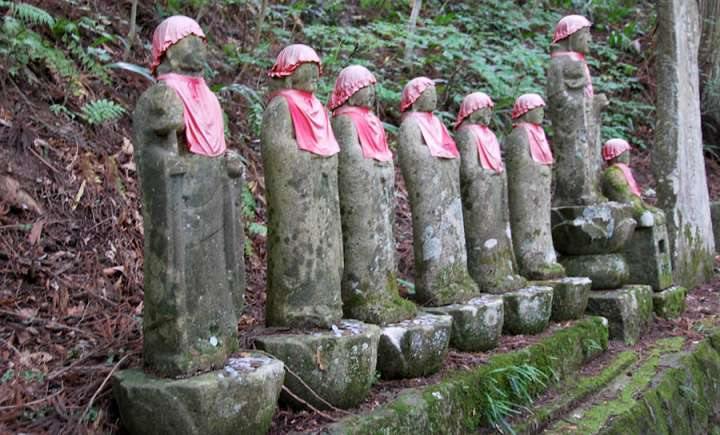
El Japón que no vemos: el animismo
Francesco BaldessariPara comprender el culto a los antepasados hay que partir del animismo, que es su causa directa y su trasfondo necesario.
Hay diferentes opiniones sobre qué es exactamente el animismo, pero según mi entender, más que una religión es una forma de ver el mundo.
El animismo consiste en creer que se puede comprender el mundo mediante la introspección, en lugar de la observación. Para encontrar soluciones, se mira hacia dentro y no hacia fuera. Esto puede parecer una forma de misticismo, pero es lo contrario. La forma más sencilla de interpretar el mundo es la intuición, y eso es lo que utiliza el animismo.
Para un animista, el ser humano es el centro del universo. Todo es concreto y pertenece a este mundo, incluso lo invisible. En otras palabras, el mundo espiritual, incluyendo el alma, es concreto y es básicamente el mismo en la naturaleza y en el mundo material. El alma tiene hambre, necesita dormir, camina y se cansa después de caminar, etc.
El mundo espiritual es una faceta del mundo material. No existe otro mundo. Mucha gente considera el animismo primitivo. Los chinos, los japoneses, los coreanos y la mayor parte del Lejano Oriente son animistas. Dejaré que ustedes decidan si estos pueblos pueden definirse como primitivos o no.
Por lo tanto, los animistas creen, al igual que nosotros, que hay una parte de la experiencia humana que es invisible. Al igual que nosotros, creen que no se puede experimentar directamente. A diferencia de nosotros, creen que es básicamente igual en naturaleza que el mundo concreto.
Esta forma de pensar tiene consecuencias asombrosas. En Japón, por ejemplo, entre ellas se encuentra la Casa Imperial, que no es en absoluto lo que piensas, sino algo tan distinto a todo lo que conoces que no puedo decirte exactamente qué es ahora mismo. Debo explicar varias cosas primero. La más importante es la relación causal entre el animismo y el culto a los antepasados.
¿Qué sucede cuando alguien muere? El cristiano cree que el alma va al paraíso, se convierte en un espíritu puro y nunca regresa. Ya no necesita ni desea nada del mundo que conocemos.
Para un animista, toda muerte es la pérdida de un cuerpo. Todos sabemos cómo la mente humana se rebela ante la idea de la muerte. Para los animistas, la muerte no existe porque confían en este sentimiento innato. Creen que una persona muerta permanece donde murió el cuerpo. Conserva su carácter, hábitos, gustos, debilidades y fortalezas. Necesita refugio, alimento, descanso y compañía como antes. Sin embargo, no tiene los medios para cuidar de sí misma, porque sin el cuerpo no puede funcionar. Al mismo tiempo, al haber entrado en el reino de los espíritus, ahora posee los poderes propios de estos.
De ello se desprende que los muertos tienen ambas razones —incomodidad y envidia entre ellos— y medios para herir a los vivos. Los chinos y los coreanos resuelven el problema manteniendo a raya a los muertos e ideando maneras de mantenerlos fuera de la casa.
La puerta de la casa tradicional china a veces estaba protegida por una pantalla espiritual (ver foto, cortesía de Wikipedia Commons).
Los coreanos entierran a los muertos en una montaña, donde el alma puede ver el paisaje y mantenerse alejada.
Los japoneses, como de costumbre, hacen lo contrario y llevan a los muertos directamente a la casa, algo que a los chinos les resulta horroroso. Los japoneses los alimentan cada mañana, les hablan y los consideran parte activa de la familia.
La próxima vez veremos las asombrosas consecuencias que tiene para la sociedad en su conjunto el culto a los antepasados, una institución que deja su huella en todo lo que toca.
Francesco Baldessari

